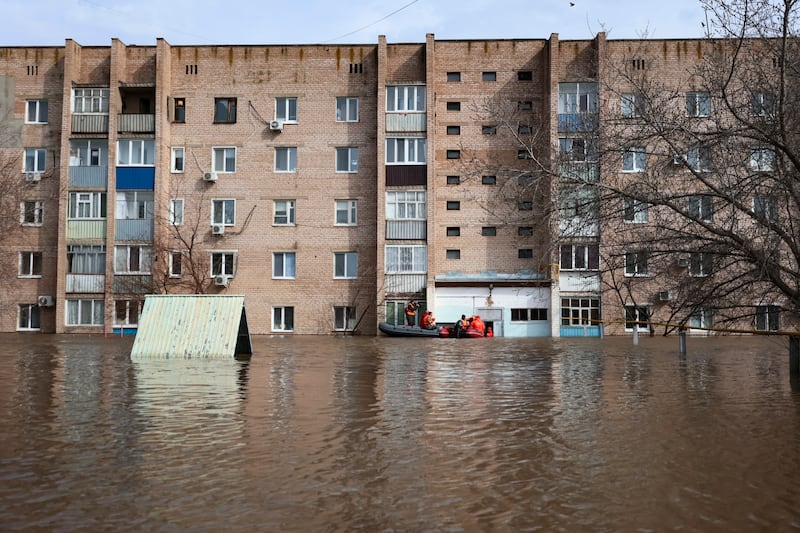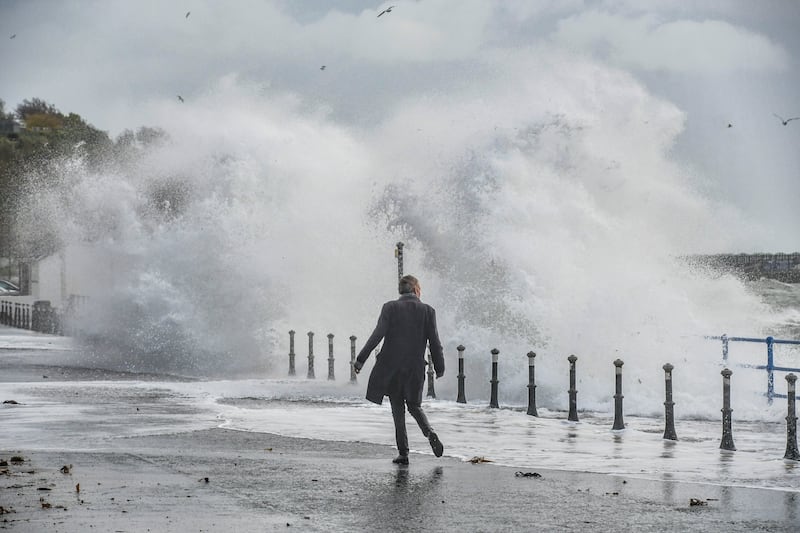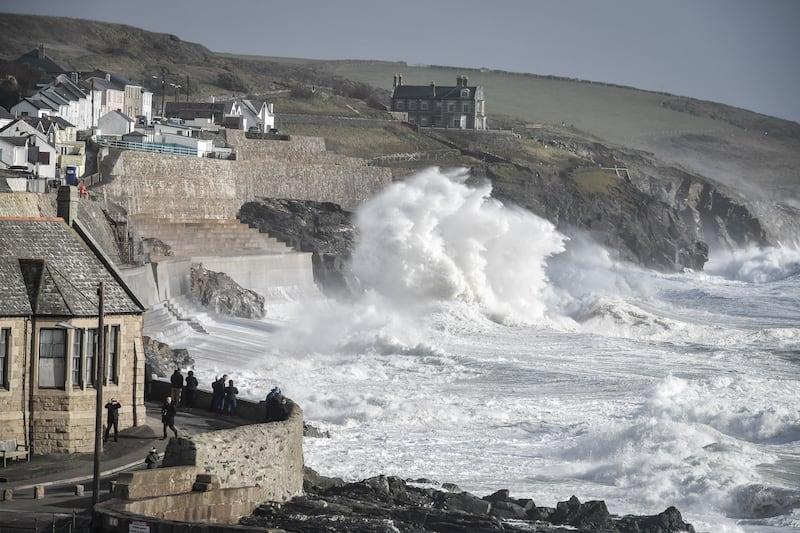TEMPERATURES across Northern Ireland are balmy to say the least, rising to an unseasonal high of 16 degrees celsius today (Monday).
The Met Office said the maximum temperature of 16 degrees is double the normal average for Northern Ireland in November.
Good morning. It's a really mild start across NI. 0500 temps of 13C above what we would expect as the daytime maximum in November. pic.twitter.com/qYR1T5F8Nc
— Geoff Maskell (@geoff_maskell) November 14, 2016
It comes less than a week after the Met Office warned that the north should expect an extremely cold winter and with a very high likelihood of snow.
Last Tuesday temperatures plummeted overnight to -5.3 degrees, making it one of the coldest days ever recorded in autumn.
Today's highs will be a temporary reprieve from the cold weather, with temperatures due to experience a steep drop by Thursday, back to 6 degrees celcius.
Snow is also expected to settle on higher ground towards the end of the week.
The unpredictable changes in the weather patterns come as the World Meteorological Organisation said that 2016 is set to be the hottest year ever recorded globally.
Global temperatures this year are approximately 1.2 degrees above pre-industrial levels and 0.88 degrees above the average for 1961-1990.
As a result, 2016 is on track to be the hottest year in records dating back to the 19th century, while 16 of the 17 hottest years on record will have occurred in the 21st century.
The provisional assessment by the WMO has been released to inform the latest round of UN climate talks in Morocco which are focusing on implementing the world's first comprehensive climate treaty, the Paris Agreement.
Professor Peter Stott, of the Met Office, said: "Three record-breaking years for global temperature would be remarkable. The year 2015 was exceptionally warm and, like 2016, was influenced by the warm El Niño circulation in the tropical Pacific.
"As the El Niño wanes, we don't anticipate that 2017 will be another record-breaking year in the instrumental record."
However, Professor Stott predicted that 2017 was still likely to be warmer than any year prior to the last two decades because of the underlying extent of man-made global warming due to increasing levels of greenhouse gases in the atmosphere.








